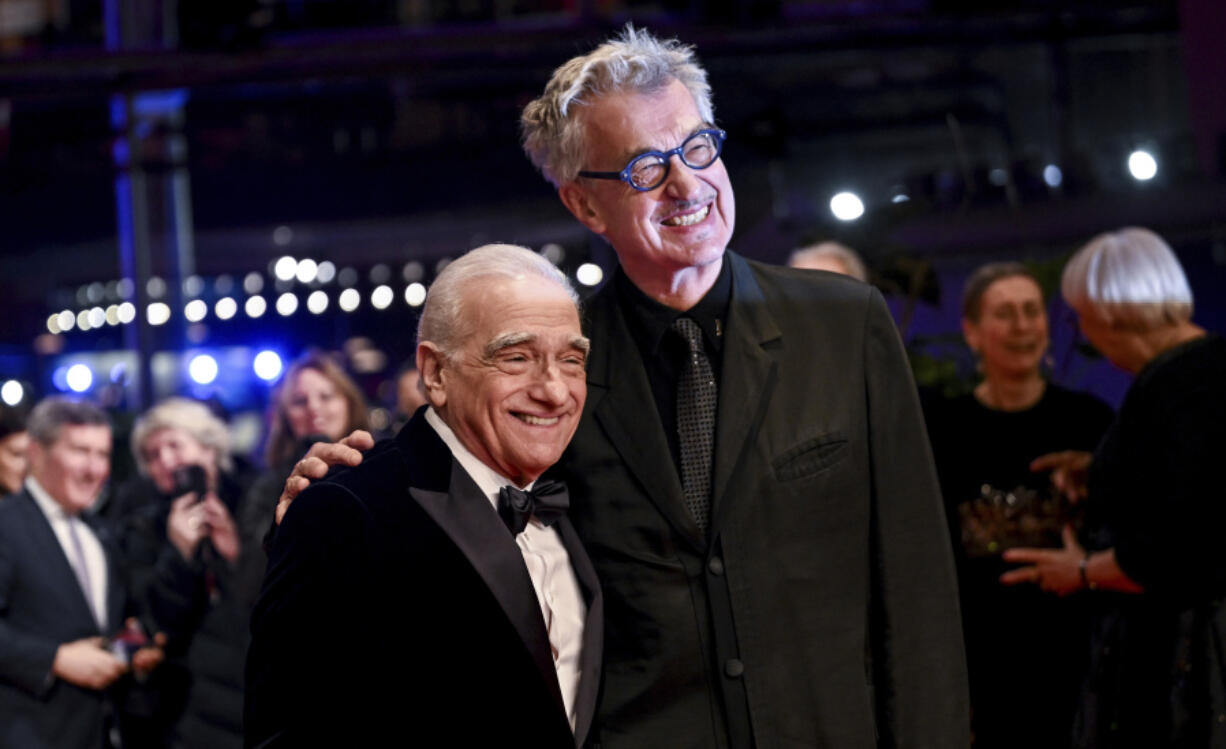NEW YORK — When Hayao Miyazaki was contemplating whether he would come out of retirement in 2016, he put together a curiously self-critical proposal.
“There’s nothing more pathetic than telling the world you’ll retire because of your age, then making yet another comeback,” wrote the filmmaker, now 83. “Doesn’t an elderly person deluding themself that they’re still capable, despite their geriatric forgetfulness, prove that they’re past their best?”
“You bet it does.”
One’s prime for artists is much harder to pin down than it is for, say, gymnasts or baseball players. A fastball is much easier to gauge than a film. Stanley Kubrick was 70 when he completed “Eyes Wide Shut.” Akira Kurosawa made “Ran” when he was 75. Agnes Varda was 89 when “Faces Places” hit theaters.
But it’s a cruel fact of creative life that the lion’s share of the greatest works by most filmmakers tend to be made earlier in life. Filmmaking, a rough-and-tumble business that requires an army of collaborators and millions in financing, can be a grueling endeavor. Francis Ford Coppola once said it should be done “with all your cards, and all your dice and whatever else you’ve got.” It’s not historically been the providence of octogenarians.



